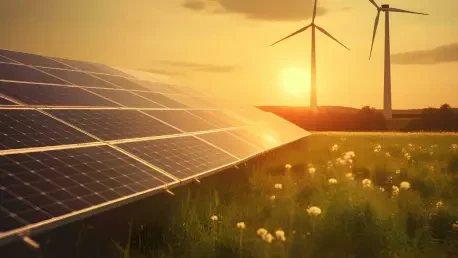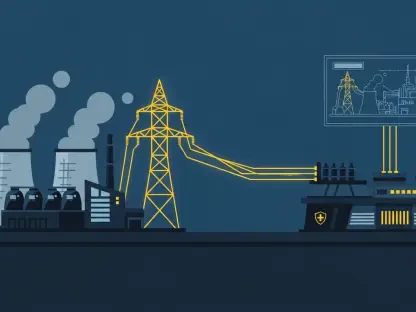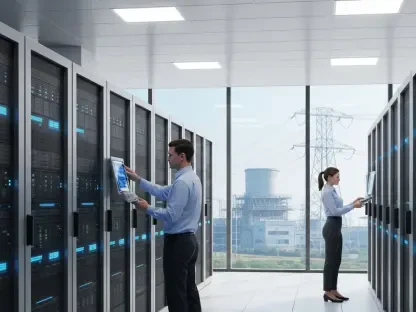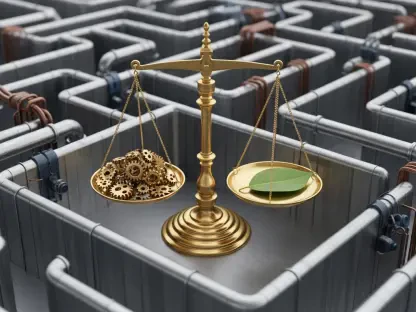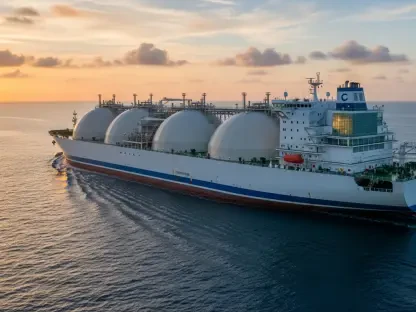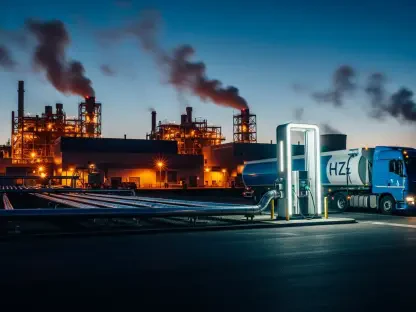An Unprecedented Shift in Energy Dynamics
With approximately 95% of its power derived from clean energy sources, France is reshaping the European energy landscape. This surge positions it as a formidable leader in the region’s power transition. Amid widespread challenges in Europe, France’s strategic advancements in clean energy provide a compelling example of how to achieve sustainable energy solutions while maintaining competitive electricity costs. Understanding the factors that have propelled France to this position offers valuable insights for stakeholders in the global energy market.
In-Depth Look at France’s Evolving Energy Market
Historical Context: From Nuclear Reliance to Diverse Energy Sources
France’s dominant position in clean energy stems from its historic reliance on nuclear power, accounting for approximately 70% of its electricity supply. As aging infrastructure and maintenance expenditures become more pressing, France has begun a strategic shift. Since opening its first nuclear plant in the 1970s, changes in energy demands and infrastructure constraints have led France to pivot toward renewable resources like solar and wind. This diversification strategy is essential for reducing dependency on nuclear power while capitalizing on modern renewable technologies.
Strategic Transition: Balancing Nuclear and Renewables
In recent years, France has strategically reduced its nuclear power share from 45% in 2019 to 39% in 2024, redirecting focus to sustainable resources. Innovations in solar and wind energy have driven this shift. As a result, France’s power prices have remained notably low—between 25% and 35% lower than those in Germany and Italy. This has allowed France to become a competitive net electricity exporter while effectively managing seasonal challenges associated with nuclear power inefficiencies.
Renewable Investments and Regional Innovations
France’s commitment to clean energy is demonstrated by its investments in wind and solar power, which now make up about 30% of its energy capacity. By advancing in renewable energy technologies and increasing bioenergy capacities, France has also seen modest gains in hydroelectric capabilities. The strategic implementation of regional policies and technological innovation, such as grid-scale battery storage and smart grid technologies, enhances France’s ability to balance and optimize energy outputs. These efforts signify a deliberate attempt to increase energy independence and reduce reliance on aging infrastructure.
Future Implications of Clean Energy Leadership
France’s energy sector is set for continued evolution with emerging technologies reshaping future landscapes. Advances such as new nuclear reactor designs and AI-driven energy management could provide significant economic and environmental benefits. However, regulatory frameworks at the EU and national levels may influence these advancements, demanding adaptive strategies from stakeholders seeking to benefit from these innovations.
Opportunities and Strategic Recommendations
Reflecting on the insights gained from France’s clean energy trajectory, stakeholders can discern several strategic opportunities. The diversification of energy sources reduces reliance on aging infrastructure and promotes economic resilience. Furthermore, by employing cutting-edge technologies and regulatory foresight, businesses and governments can secure sustainable growth and competitive advantage. France’s strategy of harmonizing traditional energy sources with renewables could serve as a blueprint for nations aiming to achieve clean, reliable, and affordable energy solutions.
Recognizing France’s significant role in redefining Europe’s energy transition, stakeholders are encouraged to embrace innovation and diversification to meet evolving energy needs and environmental mandates. France’s success highlights the importance of a balanced, multi-faceted energy strategy as a means to secure a prosperous, sustainable energy future.
